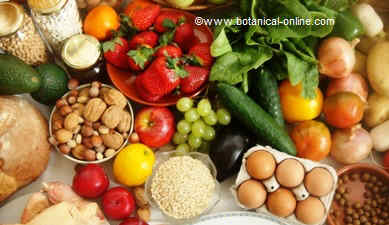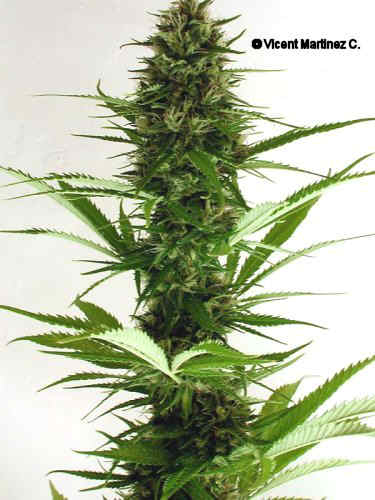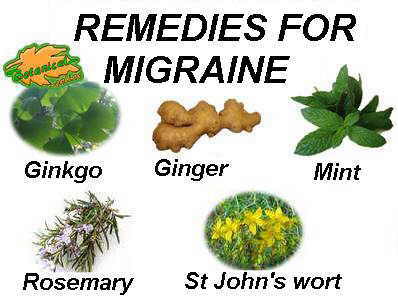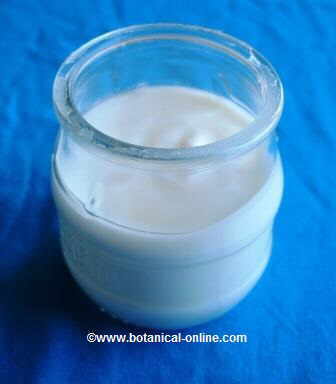Contents
- 1 What foods are suitable for schizophrenia?
- 1.1 FOODS ADAPTED FOR THE SCHIZOPHRENIA PATIENT
- 1.2 Foods rich in omega-3 fatty acids for schizophrenia:
- 1.3 Foods high in vitamin B for schizophrenia
- 1.4 Foods rich in vitamin C, vitamin A and vitamin E
- 1.5 FOODS TO BE AVOIDED BY THE SCHIZOPHRENIA PATIENT
- 1.6 What foods are not suitable for schizophrenia?
What foods are suitable for schizophrenia?
A proper diet may help decrease the negative symptoms that accompany schizophrenia. Caring for food is also very important in this group of sick people as they turn away from reality and tend to neglect important aspects of life such as personal hygiene or diet.
The family should be aware of this reality and should regularly provide the patient with food with those ingredients that may be more beneficial.

FOODS ADAPTED FOR THE SCHIZOPHRENIA PATIENT
Among the recommended food for schizophrenia we have:
Foods rich in omega-3 fatty acids for schizophrenia:
It has been demonstrated that schizophrenic patients usually have low levels of Omega-3 fatty acid. The intake of foods rich in these acids helps offset the imbalance.
Oily fish (sardines, mackerel, tuna, etc..), vegetable oils such as linseed, wheat germ or soy are rich in this component. Among the plants containing it there are: purslane, lettuce, soybean, spinach, strawberries, cucumber, Brussels sprouts, cabbages, pineapples, the almonds or the nuts.
Foods high in vitamin B for schizophrenia
Many vitamins of the complex of vitamin B are related to the good operation of the brain. These vitamins nourish the nervous system and help to prevent many neuronal diseases.
Thus, for example, deficiencies of vitamin B1 or thiamin are translated in neurological dysfunctions and important mental changes. The deficiency of vitamin B9 or folic acid can lead to depression, problems of memory or mood changes. The intake of foods rich in vitamin B prevent the escalation of symptoms of patients with schizophrenia.
Foods rich in vitamin C, vitamin A and vitamin E
Vitamin C, vitamin A and vitamin E have antioxidant properties. They are able to neutralize the negative effects that the free radicals on brain cells.
The schizophrenia patient should eat plenty of foods included in each of these vitamins to improve her mental state. (See food with these vitamins in each of the related links)
FOODS TO BE AVOIDED BY THE SCHIZOPHRENIA PATIENT
What foods are not suitable for schizophrenia?
Among the non-recommend foods for schizophrenia we have:
– Foods high in fats for schizophrenia: People with schizophrenia are subjected to a medication that often cause weight gain. To prevent these patients develop obesity must be reduced as much as possible the very fatty foods like fatty meats, butter, margarine, or bacon. Oils, even vegetable oil, should be used sparingly as the consumption of nuts.
Moreover it is believed that the ingestion of fats, especially saturated fats and sugars are responsible for the decreased production of neurotrophic factor or BDNF (acronym in English for brain-derived neurotrophic factor) a necessary element for brain function as this allows adequate transmission of nerve impulses.
(See foods very high in fat)
– Foods with gluten and lactose for schizophrenia : It has been demonstrated that the ingestion of food containing gluten or lactose worsens the symptoms of schizophrenia. It should be avoided or taken in moderated meals made with oats, rye, barley or wheat products because they contain gluten. milk or its derivatives should be avoided or at least controlled, for their lactose content.
![]() More information on schizophrenia
More information on schizophrenia








